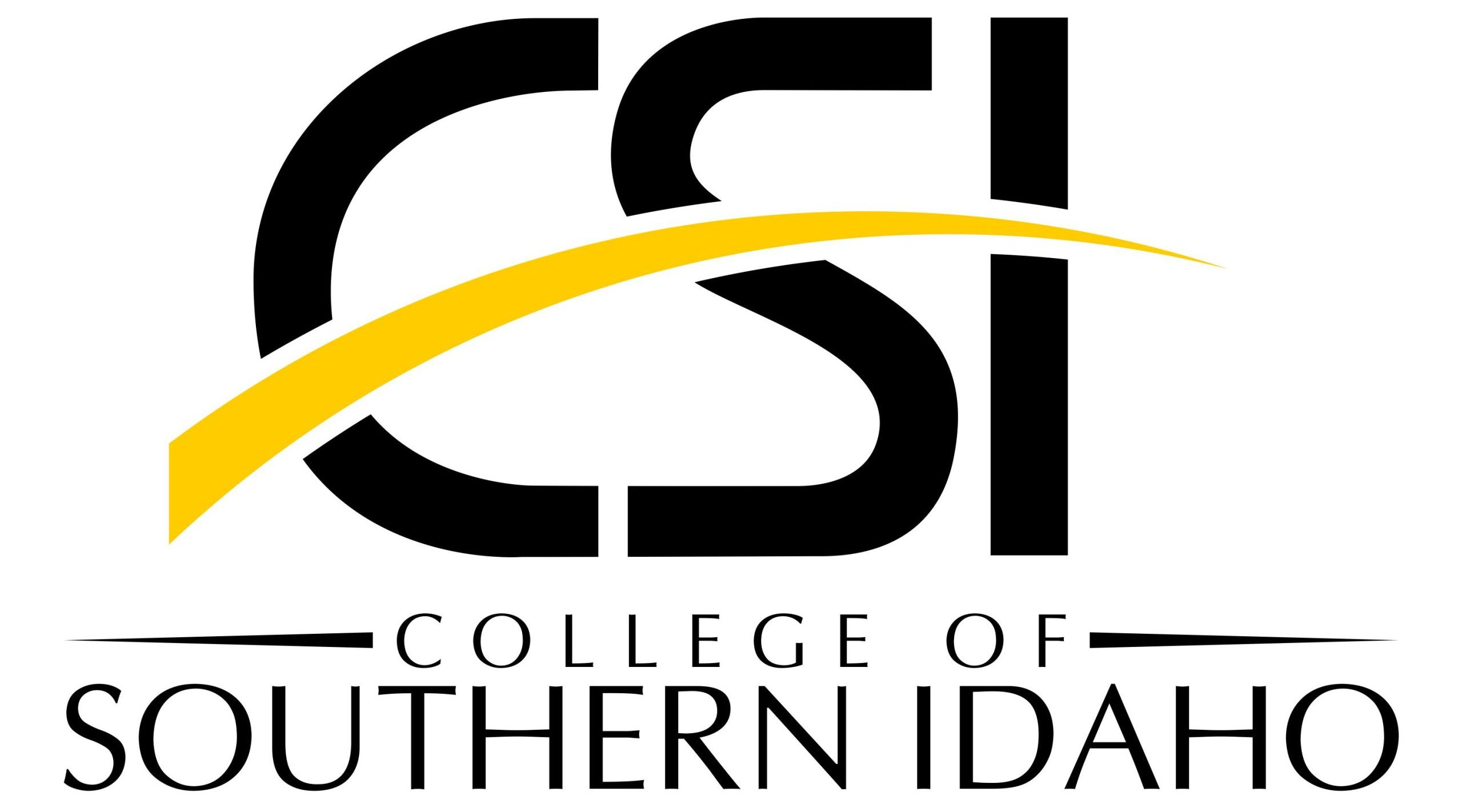9
Introduction
Now that you have oriented yourself to the various approaches to studying child development, we will turn our focus to other important foundational issues. You probably have not had a course in biology in a while, much less given a lot of thought to intricate interplay between biology-genetics-environment. In everyday conversation, people often talk about “the why” — “WHY did Sam become an addict?” “WHY did Alex get such a big, charismatic personality?” “Why do people in my family all seem to have bad/good/easy/difficult tempers?” In other words, we all wonder about what causes us to be the way we are – were we ‘born this way’ or “monkey see, monkey do”? This is the age-old question of Nature versus Nurture. Part of what you will learn here is that it is not one or the other — it is both . They both interplay, interact, and influence one another at EVERY stage of development, from the moment we are conceived to the moment we perish.
So, in this module, you will be learning a lot about how we humans are shaped by the very specific — and not yet fully understood – interplay between our genes and our environment.
You will be learning this for a simple reason: most people have large misconceptions about the relative roles of nature and nurture. If this is true for you, you are not alone. One thing that is generally true of students in this course is that many are uncomfortable with the biological side of behavior. However, what I’ve found to be true is that many, if not most, students lack basic understanding of genetics and are uncomfortable with it. This one goal is arm you with basic concepts and terminology.
One danger in not knowing the correct terms and functions of genetics and heredity is that misinformation and myths can persist. Many people who do not have proper understanding of this terminology also tend to believe harmful myths about fertilization/sex, genetic diseases, prenatal disorders, babies’ care and more. For example, did you know that the foods our mothers eat when we are in their wombs affect the likelihood that we will be obese….when we are ADULTS? Yes, that is true (take a look at the NOVA video under Reading and Resources for a fascinating look at this). Did you know that while the human being is born with a vastly complex brain, lack of language stimulation and enrichment stunts intellectual development permanently? There are numerous fascinating facts that this chapter will give you.
So, when you think of genetics and behavior from now on, make it your goal to understand it fully — knowing the complex interplay between our nature (genetics) and our nurture (experiences), using appropriate terminology. Finally, I want you to also know that we are just beginning to understand the big picture of genetics, so what you learn today will be a fraction of what will be known to scientists in a few decades. It is an exciting field!
If you are reading this, it means you are alive, which means you were once just a single cell, and your zygote survived the unlikely odds of pregnancy and, eventually, you were born. Yes, you exist because you have DNA from one of your father’s sperm and one of your mother’s eggs, but do you know how unlikely it is for you to exist? If you can begin to understand conception, pregnancy, and birth, you may just take a different view of yourself and your life.
For example, did you know: only 25% of fertilized eggs implant into a woman’s uterine wall. Of those that do implant, about 30–40% naturally miscarry (also known as spontaneous abortion) due to genetic abnormalities – and the woman may not even have known she was pregnant. So, of all fertilized eggs (zygotes), approximately 50% of those conceptionsresult in birth of a living baby. Those are pretty long odds, when you really think about it! This is but one set of fascinating facts about conception, prenatal development, and birth.
In addition to learning the mechanics of conception and pregnancy, you will also learn some fascinating facts about childbirth, breastfeeding, and postpartum care. There are simple steps that expectant parents should take that will make birth more manageable and postpartum recovery smoother. Psychologists know that mothers who take care of themselves during pregnancy and make plans before baby arrives, are also likely to be more intentional and thoughtful parents afterbaby is born. Intentional, thoughtful parenting tends to result in better outcomes for the kids, so, in a sense, good parenting starts with learning this very basic pregnancy information.
Finally, what about those who have obstacles to getting pregnant? Have you ever wondered what the difference is between terms like “IVF” or “artificial insemination” — two fertility treatment methods? Whether miscarriage, medical issues, or other things have gotten in the way of getting pregnant, many people wonder what infertility actually means. Knowing the causes and fixes for infertility are relevant to everyone, as these issues are much more common than you might think. (1)
Learning Outcomes
1. Students will be able to summarize prenatal development and the major hazards/complications that may be encountered during prenatal development and birth. (1)
Objectives
Upon completion of this module, the student will be able to:
- Describe what genes are and how they influence human development
- Explain the major developments of each trimester of pregnancy.
- Describe the three stages of labor.
- Identify major postpartum issues and care. (1)
Readings
Online Learning Unit

